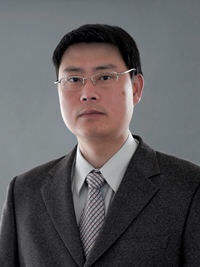Metabolomics Group focuses on developing highly efficient whole-cell catalysts, processes, and types of equipment for the industrial conversion of low-value lignocellulosic biomass and artificial polymer wastes to high-value-added bioproducts, including biofuels, single-cell proteins, single-cell oil (DHA, EPA, ARA), lignin-based material, cellulose nanomaterials, and biodegradable plastics. Our general research strategy heavily engages in the development of clean pretreatment methods for agro-wastes, genetic engineering of cellulosome-producing microbes (such as Clostridia thermocellum) and oil-producing microbes (such as Aurantiochytrium sp.), structure-function analysis and rational engineering of industrial proteins, metabolite and metabolic flux analysis, and finally, the equipment and fermentation process design and optimization for industrial production.
